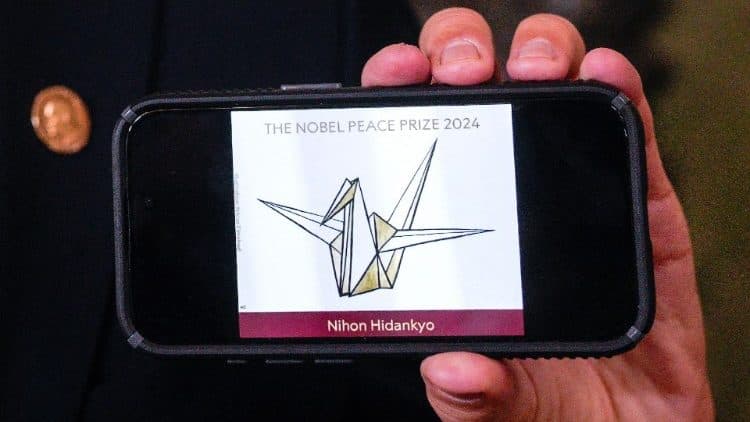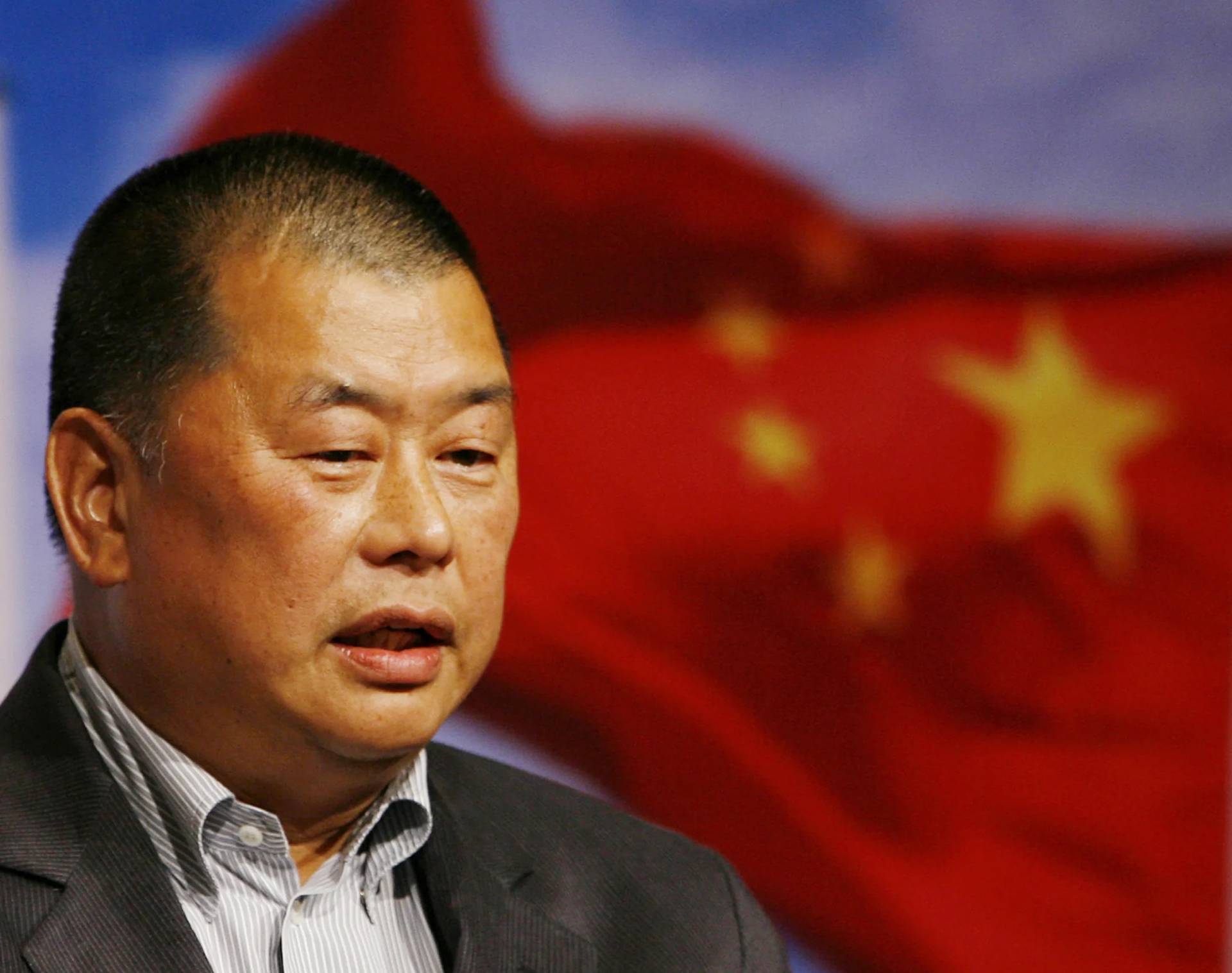MUMBAI – Japan’s top Catholic prelate, recently named a cardinal by Pope Francis, has applaued the awarding of the Nobel Peace Prize to a group of atomic bomb survivors from Hiroshima and Nagasaki, vowing that the Catholic Church will continue to press for the total abolition of nuclear weapons.
“It is a great pleasure to know that the 2024 Nobel Peace Prize has been awarded to the Nihon Hidankyo to acknowledge their tireless efforts to abolish any nuclear weapons,” Cardinal-designate Isao Kikuchi of Tokyo told Crux.
“Their call for abolishment has a strong impact on the realization of peace, because it is based on the reality of what happened in Hiroshima and Nagasaki in 1945,” the 65-year-old Kikuchi said, who also serves as the president of Caritas Internationalis, the Rome-based federation of Catholic charities around the world.
Nihon Hidankyo was founded in 1956 by a group of survivors of the atomic blasts in Hiroshima and Nagasaki, with the aim of lobbying the Japanese government for increased support for survivors and their families, and also pressing governments around the world for the abolition of nuclear weapons.
In announcing the prize, Jørgen Watne Frydnes, chair of the Norwegian Nobel Committee, said it had been assigned to the grassroot organization at a time when the “taboo against the use of nuclear weapons is under pressure.”
Kikuchi echoed that concern in his comments to Crux.
“Even though the voices of those who suffered in Hiroshima and Nagasaki by atomic bombs are so strong, unfortunately some who own such weapons are not willing to abandon them to establish a foundation for lasting peace in the world,” he said.
Since the beginning of the Russian war in Ukraine, there has been mounting concern about a potential nuclear dimension to the conflict – either from the use of tactical nuclear weapons by Russian forces, or from damage to nuclear facilities inside Ukraine as a result of the fighting.
Russian President Vladimir Putin repeatedly has hinted that Russia could employ nuclear weapons should NATO or other Western forces become directly involved in the conflict. As recently as Sept. 25, in an address to Russia’s Security Council, Putin suggested nuclear weapons could be used in response to a “joint attack” from a non-nuclear country backed by a nuclear-armed ally.
Yet Kikuchi observed that reluctance to embrace a nuclear weapons ban doesn’t come only from Russia. He complained that his own government in Japan has refused to sign the Treaty on the Prohibition of Nuclear Weapons, insisting that the deterrence provided by the U.S. nuclear arsenal is a key element of Japan’s defense strategy.
“The Japanese government should be the very first one to approve the Treaty on the Prohibition of Nuclear Weapons, but it has been hesitant even to sign the treaty, saying trust-building among countries is not enough,” Kikuchi said. “I hope the Japanese government will be motivated to lead the discussion on trust-building to abolish atomic weapons, inspired by the award of the Peace Prize to the Nihon Hidankyo.”
Kikuchi said Catholicism’s position in favor of abolition is clear.
“The Catholic Church has been actively calling for abolishment of atomic weapons, especially during the annual ten days of prayer for peace in August,” he said. “These ten days start with the memorial day of Hiroshima, which is August 5, until the 15th, which is the memorial day of the end of the war in the Pacific in 1945.”
“Pope John Paul II made an historic visit to Hiroshima in 1981 with a strong message for peace. The Japanese Bishops were encouraged by this message of the Holy Father, and instituted the ten days of prayer for peace,” Kikuchi said.
He said the activism would continue.
“The Hiroshima diocese and Nagasaki diocese today are jointly calling for the abolishment of nuclear weapons and the establishment of peace, together with the bishops of the U.S.,” Kikuchi said. “The Church in Japan will continue to work with all who seek peace to call world leaders to abandon nuclear weapons to establish lasting peace.”














